You must be logged in to post a review.
Searching For Asian Cultural Integrity
$10.00
The United Nations declared 1988-1997 as a World Decade for Cultural Development in order to acknowledge the cultural dimension of development, which is sadly lacking in most national development plans which deal only with economic and social matters. Indeed, since the UN declared the 60s to be the decade of development, economic and technological development have acclearted at the expense of cultural heritage, social justice, and ecological balance such that the oeriod can be know not as the Decade of Development but the Decade of Shame.
By 1970, some of us had already become alarmed at the pace of material development at the expense of spiritual depth and indigenous culture. Hence an organization “Culture Relations for the Future” was formed with financial assistance from the Edward Hazen Foundation. This was inspired by the late Soedjatmoko, who ws then Indonessian Ambassdor to the U.S.A.
This organization consisted of scholars and intellectuals grouped in quite a number of regions, e.g. India, Japan, the Middle East, Southeast Asia, Africa, and the U.S.A. Each group would meet within the region and with other regions, trying to understand their own cultura identity and to define cultural relations for the future which would benefit humankind, beyond the materialism and determinism of a single culture-especially consumerism as opposed to other living traditions
The following were the chirman of each Study Group: Prem N. Kirpal (India), T. Adeoye Lambo (Africa), Yoichi Meada (Japan), Elie A. Salem (Middle East),Sulak Sivaraksa (Southeast Asia),Kenneth W.Thomson(U.S.A.)
The chairpersons of each region met twice, in 1971 and in 1972, at the villa Serbelloni, Lake como, Italy, as guests of the Rockefeller Foundation, to compare notes and concerns, Asaresult, reconstituting the Human Community: A Report on Inquiries concerning Ccultural Relations for the Future was published in 1973. This booklet was widely distributed and translated into Japamnese,Arabic Chinese,Indonesian And Thai. The Southeast Asian Study Group in 1974 published a collection of papers entitled Questioning Development in Southeast Asia.
In the 80s, some of us took the issue of development and culture to heart and continued its exploration. There was a symposium for concerned Asians at at Chiang Mai,in 1982 and the book Searching for an Asian Paradigm was published in Bangkok in 1984.

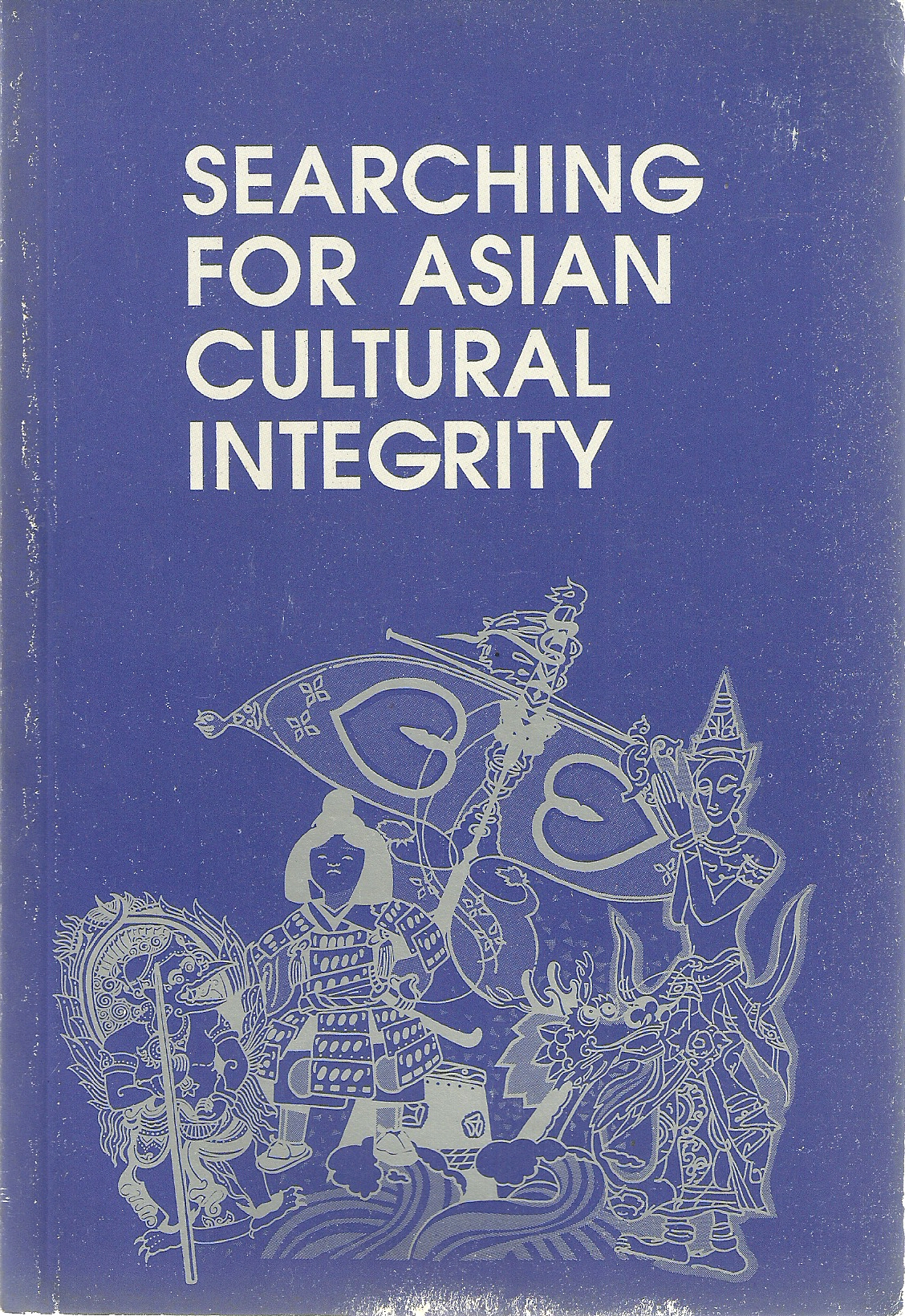
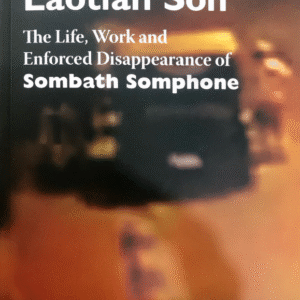
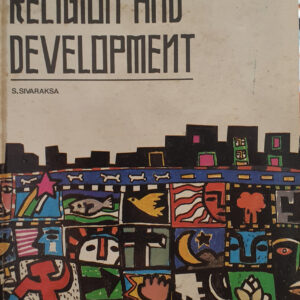
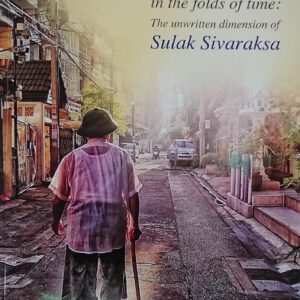
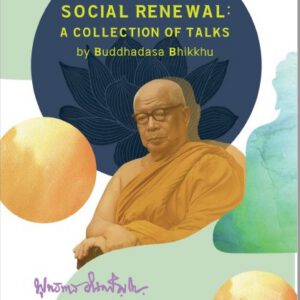
Reviews
There are no reviews yet.